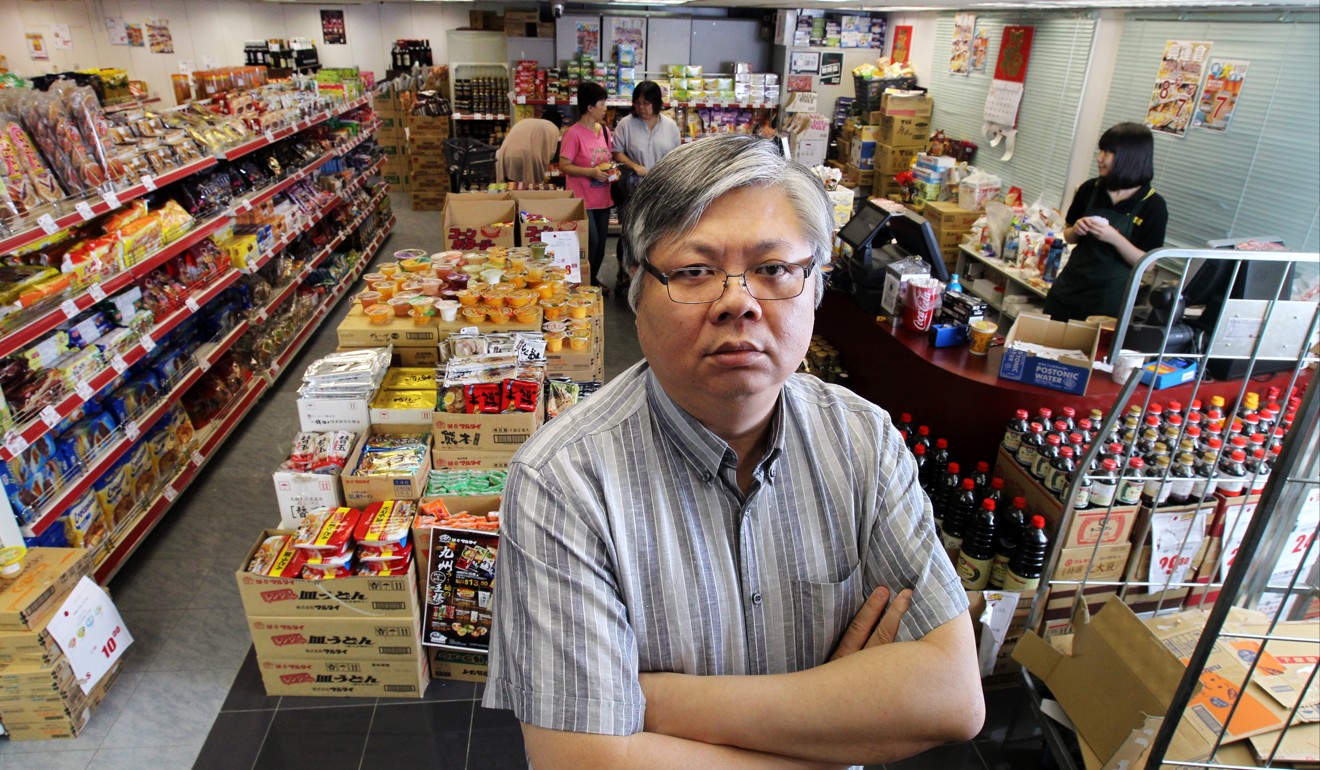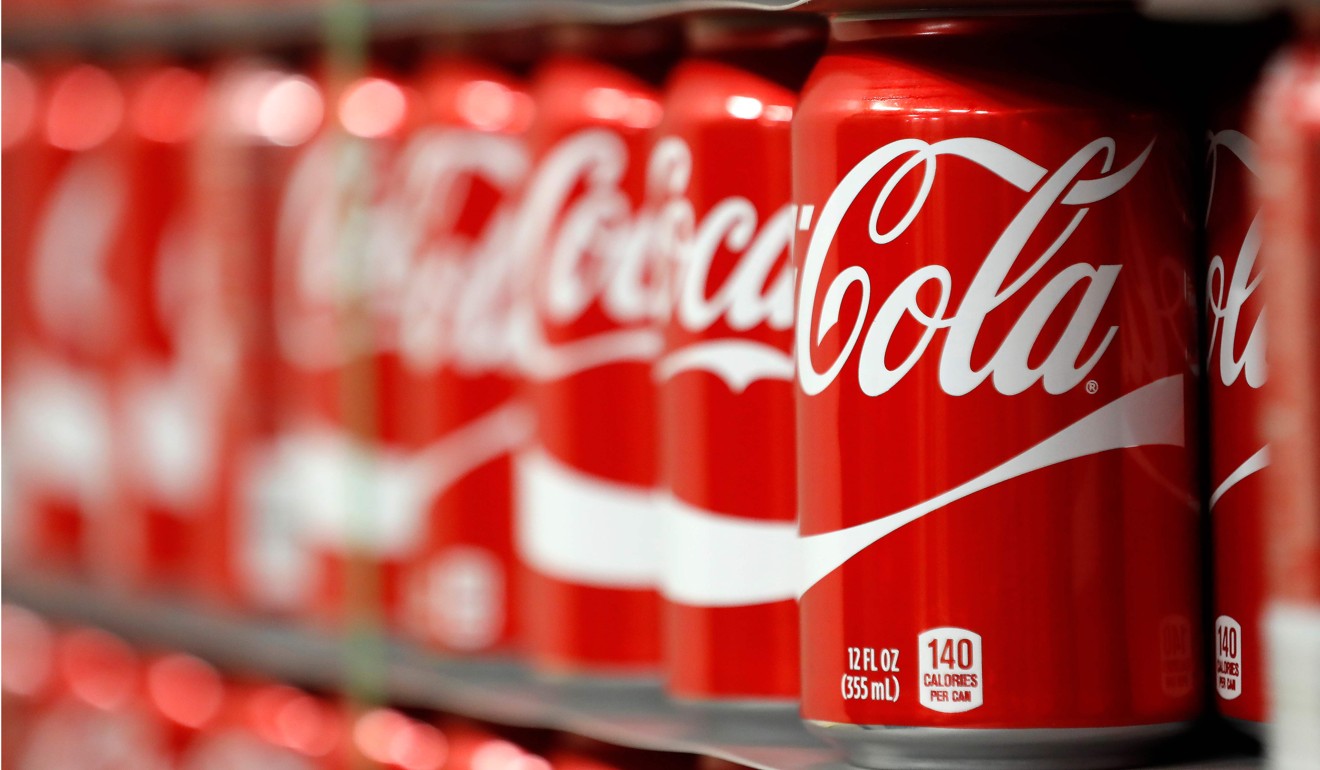
Why grocery shopping in Hong Kong is still a walk down the aisle of bad deals
Richard Harris says Hong Kong’s Competition Commission should be taking on the big players, such as chain stores where the high unit prices affect people’s daily lives
It was hot. I swept into a convenience chain store desperate for a cold drink. A can of Coke at a whole HK$9? But I could get two cans for HK$11!
That looked like a deal until I realised that I had lost track of the unit price. HK$5.50 is 10 per cent more than the price of the same can in the rapidly disappearing family-run corner shops.
I decided to conduct some research. It seems that the two-for-nearly-one gambit, elsewhere known as BOGOF, is a shopkeeper’s favourite. I found a bottle of wine at HK$96 and two of them at HK$98!
I took my analysis further by visiting one of our two dominant supermarket chains. It matters not which one; the prices are all eerily the same. There was the BOGOF offer: one red can of the sugar-laden drink at a mighty HK$7.5. At the back of the shop you could buy 12 cans for just HK$3.13 each. At a guess, stores can buy a can in at about the HK$2 mark, meaning around a 250 per cent margin on just this one low-ticket high-turnover item.

Why stop there? The next mystery shopping location was in Wan Chai where tiny convenience store Best Mart 360° is located next door to one of the large supermarkets.
Best Mart, like 759, does not or cannot sell Coke cans, so I price-checked a 150ml bottle of Libogen tonic drink at HK$11.50 and a reasonable HK$22 for two. The big neighbour was offering one drink for HK$14.90 and two for HK$28 – some 30 per cent higher. Bearing in mind 759’s margins have been quoted at a normal 35 per cent, that would indicate that the established stores are adding a healthy 60 per cent mark-up.
Economics would say that Best Mart should be a market leader but even Coils Lam thought that he could not beat the unholy triumvirate of landlords, supermarkets and distributors. Who in some cases are the same.
Small grocery outlets are appearing, giving a 30 to 50 per cent discount on the majors, but they are often a side offering of a big international business, like Ikea, Marks & Spencers or USelect (Tesco). Online competitors, like iHerb, a specialist in organic foods, remain a drop in the grocery ocean, crushed by the power of the majors.

In a classic example of fiddling while inflation burns around us, the commission’s latest annual report boasts of having crushed anti-competitiveness in such dark organisations as the Hong Kong Dance Sport Association and the Registered Minor Works Contractor Signatory Association.
We could become the world leaders in curbing anti-competitiveness ourselves, not only in groceries but also in housing and medical supplies, just by looking around Hong Kong
The commission has 14 members, chaired by Anna Wu Hung-yuk, who like her commissioners also sit on a goodly number of other cushy but ineffective government quangos. The commission has had three chief executives in four years.
Naturally the commission has spent well on as many as 15 international trips in the last few years to hotbeds of anti-competitiveness like Geneva, Paris and of course Bali. We could become the world leaders in curbing anti-competitiveness ourselves, not only in groceries but also in housing and medical supplies, just by looking around Hong Kong.
Oh, and if you haven’t yet figured out BOGOF, it stands for “buy one get one free” – a common retail tactic. It’s just that in Hong Kong our one is three times more than elsewhere.
Richard Harris is a veteran investment manager, banker, writer and broadcaster and financial expert witness. www.portshelter.com

